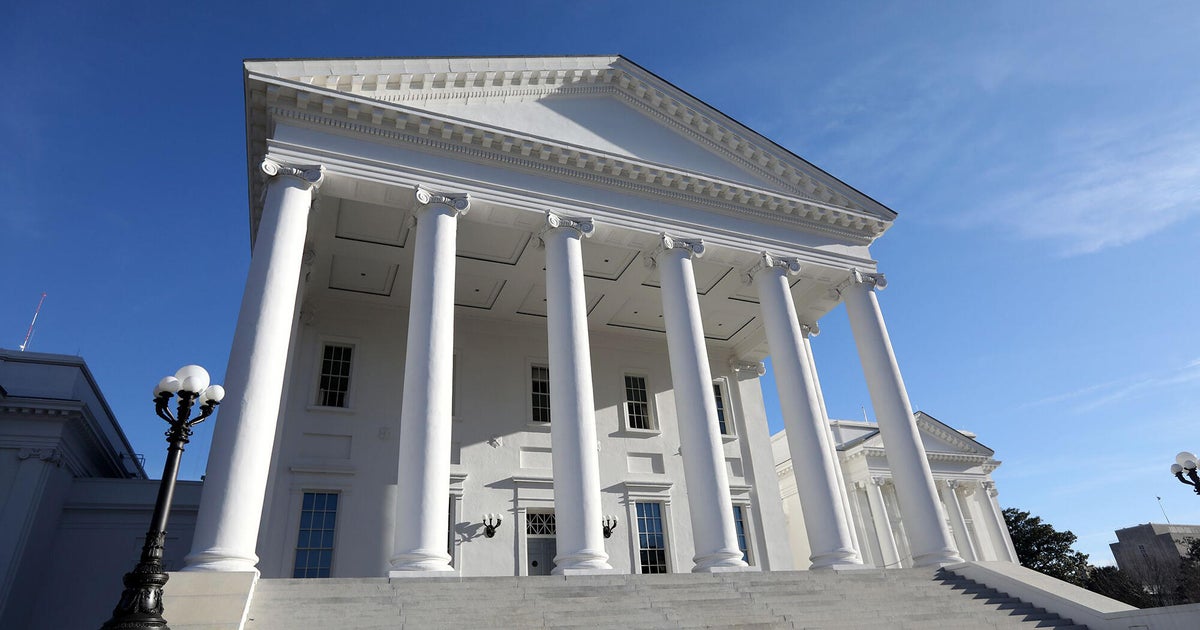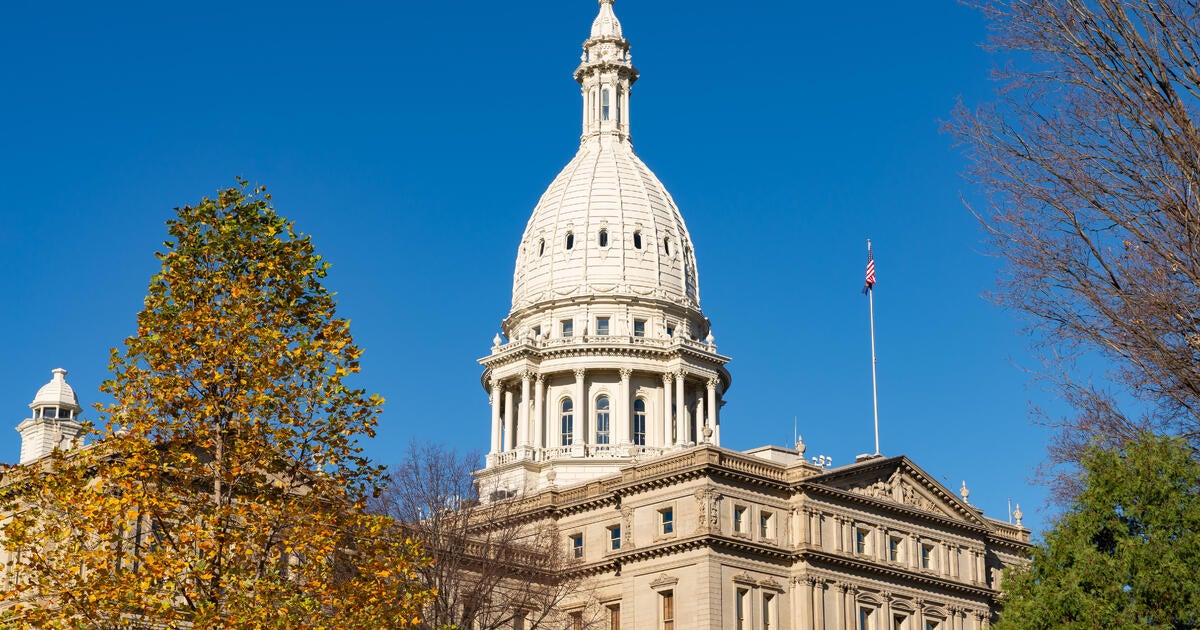CBS 2 School: Budget Basics
You had to know your GSL (Government as a Secondary Language) if you expected to understand the big budget news last week.
President Barack Obama's bi-partisan national debt commission released its formal report suggesting ways to reduce the nation's deficits and total debt. But the Commission also released news that its suggestions did not garner enough support to automatically move the proposals forward in the legislative process.
The Commission's proposal dealt with five key budget basics:
Revenues—the taxes collected by the federal government that pay for government expenses.
Among the Commission's proposals was a plan to simplify the U.S. tax code but eliminate popular incentives such as tax deductions for mortgage interest. The proposal also caught political flak for suggesting that top income earners should pay even more into the Social Security program.
Entitlement Spending—governmental expenses that are permanent and can only be changed with amendments to laws. Of the $3.5 trillion dollars that the federal government spends, more than $2 trillion is spent on entitlement spending.
Social Security is the government's single most expensive program, and only getting more expensive with a larger pool of retirees who are living longer than ever. Among the Commission's more controversial proposals was trying to save money by increasing the age (from 67 to 69) at which someone could receive full Social Security benefits.
Discretionary Spending—well less than ½ of the federal government's expenses are costs that can be adjusted on an annual basis.
Defense spending takes up the lion's share of this spending with more than $600 billion spent in this area for the 2010 fiscal year. The Commission recommended that discretionary spending be capped from 2012 through 2020. It also recommended that non-critical spending be cut in order to get spending more in control.
Deficit and Debt—our federal government has spent over a trillion dollars more than it takes in for revenues this year. With the accumulation of deficits during the last 40 years, our government as accrued more than $14 trillion in total debt during that time.
The Commission's recommendations were meant to deliver a stark message about the importance and difficulty of cutting expenses while increasing revenues. If adopted fully, the Commission's proposal could have resulted in cutting $4 trillion dollars in deficits by 2020. But with key lawmakers from both parties refusing to endorse the Commission's deficit-cutting proposals, we're back to hearing the same old message that GSL has delivered for nearly 50 years: let the next generation deal with it.







